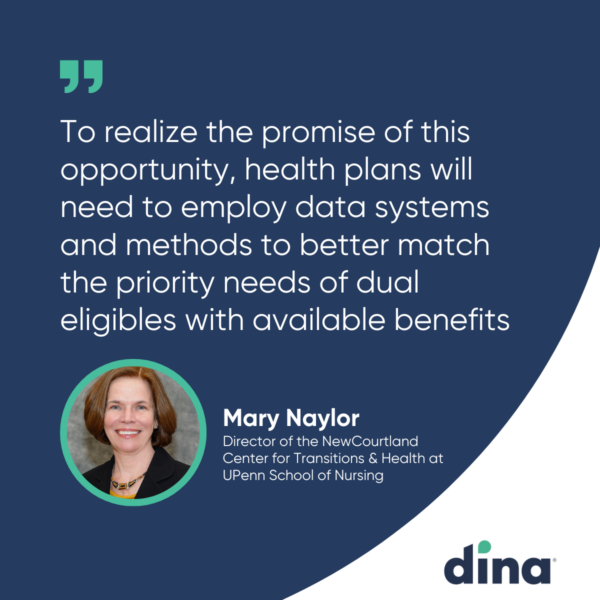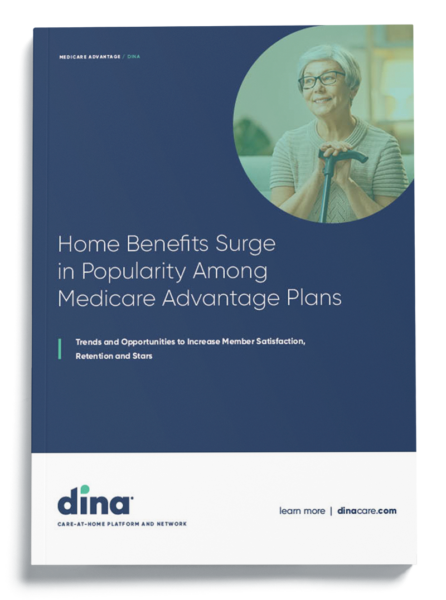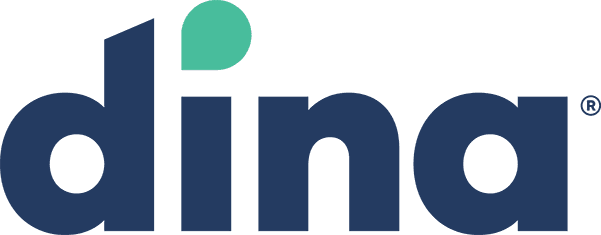
The continued growth in the Dual Special Needs Plan (D-SNP) space is tempered only by the frustration associated with members who can (and do) switch throughout the course of the year.
The 2023 Dual Eligible Retention Study from Deft Research found that dual eligible members switch plans at about twice the rate of other Medicare Advantage (MA) beneficiaries. The study found that while duals “absolutely depend” on supplemental benefits such as dental care, grocery allowances and utility assistance, they also say these enhanced offerings can be a source of confusion or just prove difficult to use.
Addressing Complex Needs of Dual Eligibles
“Though disappointing, the findings that health plans experience difficulty retaining dual eligible members are not surprising,” said Mary Naylor, director of the NewCourtland Center for Transitions and Health at the University of Pennsylvania School of Nursing. “The health and social needs of this segment of the population are incredibly complex and many duals are challenged to navigate an increasingly fragmented care system. Assuring this group’s access to additional benefits such as dental, vision and hearing services is a necessary but insufficient system response.

“To realize the promise of this opportunity, health plans will need to employ data systems and methods to better match the priority needs of dual eligibles with available benefits,” she said. “Additionally, they will need to provide their members and providers with the essential information about how and where to obtain services, and assistance in coordinating the delivery of quality and timely services.”
Resolving Utilization Issues
In fact, the study also found that when health plans were able to resolve utilization issues, 75% of D-SNP members said they were highly likely to renew coverage. But when utilization issues weren’t fully resolved, nearly half indicated renewal doubt, and almost 50% indicated that the health plan’s inability or unwillingness to resolve their issue has worsened their opinion of the brand.
“Health plans that choose to make the investment in such infrastructure to better match dual eligibles with benefits should soon realize improvements in the retention rates of an important and growing segment of the population,” Naylor said.
Dual Special Needs Plan Key Terms
Recognizing the evolving MA landscape and the increasing interest in the space, here is a basic guide to D-SNPs. A D-SNP is a type of MA plan designed for people who qualify for both Medicare and Medicaid. Dual-eligible individuals often have complex care needs and account for a disproportionate share of spending in both programs compared to non-dually eligible people.
Who are Dual-Eligible Individuals?
Medicare and Medicaid provide health coverage to 12.5 million individuals who are enrolled in both programs, known as “dual-eligible individuals.” Medicare is the primary source of health insurance coverage, and Medicaid, jointly funded by federal and state governments, provides supplemental coverage.
A KFF analysis found that MA accounted for 49% of total Medicare enrollment among dual eligible beneficiaries in 2020, with about 30% of dual eligibles enrolled in MA plans that are designed specifically for them. Dual eligible members aged 65 and older and those who are Black, Asian/Pacific Islander and Hispanic were more likely to enroll in MA plans than white beneficiaries and those 64 and younger.

MA Plans are Booming:
How Will You Stay Competitive?
Download our report “Home Benefits Surge in Popularity Among Medicare Advantage Plans” to learn more about leveraging supplemental benefits to increase member satisfaction, retention and STARs.

How Does a D-SNP work?
A D-SNP is a comprehensive health plan offered by private insurance companies that combines the benefits of Medicare and Medicaid to provide coordinated and cost-effective care. It offers enhanced benefits beyond what Original Medicare provides such as prescription drug coverage, dental, vision, and hearing services, transportation assistance, and more. D-SNPs may have low or no monthly premiums for those who qualify.
Who is Eligible for a D-SNP?
D-SNPs are designed for people who need extra help because of disabilities, age and/or health or social conditions. Eligibility requirements vary by state, but generally, people must be eligible for both Medicare (usually due to age or disability) and Medicaid (based on income and asset criteria) to qualify for a D-SNP.
 What Do D-SNPs Offer?
What Do D-SNPs Offer?
Some D-SNPs offer extra services like care coordination, disease management programs, and support for chronic conditions. Most have a network of doctors, hospitals, and other healthcare providers. The plans provide more benefits than Original Medicare (Parts A & B) and may have no extra costs.
Medicare-Medicaid Plan (MMP) or Dual Special Needs Plan?
A D-SNP is commonly confused with a Medicare Advantage Medicare-Medicaid Plan (MMP). A MMP is an alignment initiative in which Medicare and Medicaid benefits are offered as a single plan in a three-way contract between CMS, the state Medicaid agency (SMA), and the health plan. In a D-SNP, a health plan holds a contract with Medicare and then a separate contract with the SMA to provide benefits and services
Unlike a D-SNP, MMPs only serve full benefit dual (Medicare/Medicaid) eligible beneficiaries and some additional limitations may apply, such as state-specific requirements. MMPs were introduced in 2014 and are only offered in a few counties across the country. The combined D-SNP and MMP space is growing at close to 20% a year.
D-SNP Enrollment
People typically enroll in a D-SNP during the Medicare Annual Enrollment Period (AEP) or during a Special Enrollment Period (SEP) if they qualify. Members have the option to change D-SNPs or return to Original Medicare during certain enrollment periods.
Finding Success with D-SNPs
Many dual eligible individuals have numerous health and social challenges, and need additional guidance and support. Successful health plans will invest time and resources to connect with these members and improve the way they match them with the benefits they need.

 What Do D-SNPs Offer?
What Do D-SNPs Offer?


